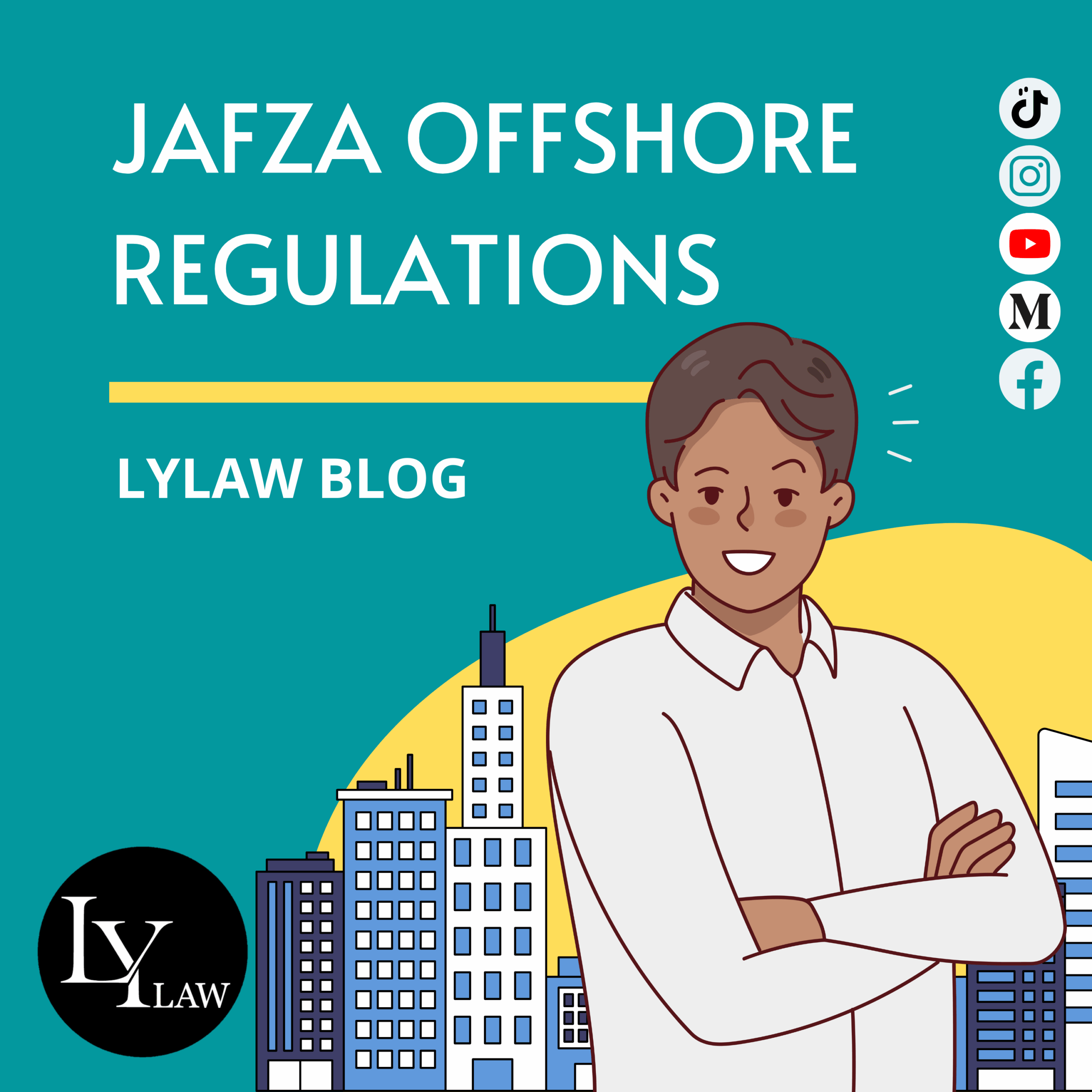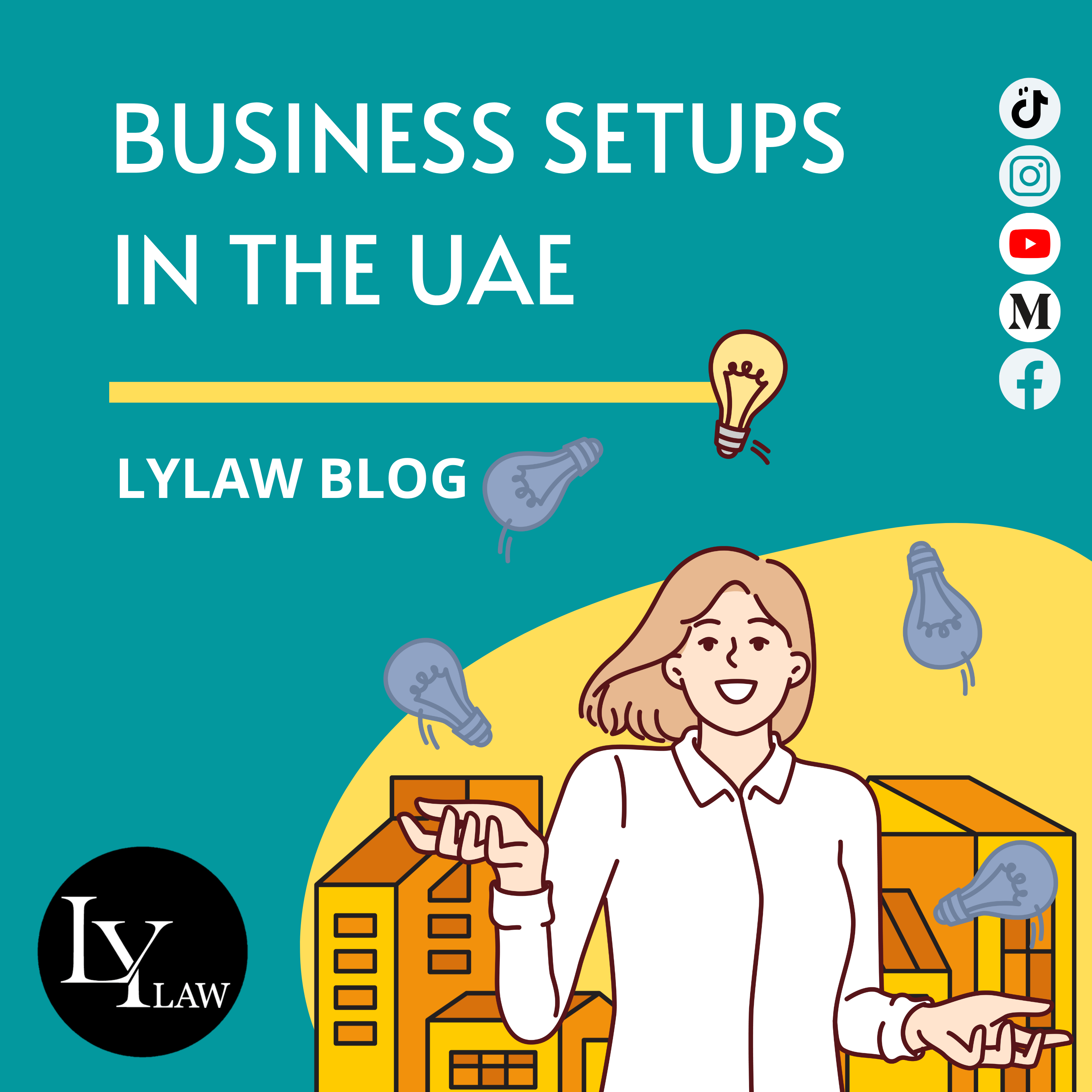Introduction
The Dubai Multi Commodities Centre (DMCC) has introduced two new license categories: the Special Purpose Vehicle (SPV) and the Holding Company. These structures provide individuals, families, and businesses with cost-effective and flexible ways to manage assets, organize investments, and oversee group operations without the burden of maintaining a traditional office space. In this article, you’ll learn what SPVs and Holding Companies are, why these new licenses matter, their benefits, costs, and tax implications, as well as how LYLAW can help you navigate the legal process.
What is an SPV?
A Special Purpose Vehicle (SPV) is a company created to hold and manage assets. It does not engage in day-to-day business activities but instead provides a protective legal framework to limit liability and separate risks.
SPVs are often used to hold:
- Real estate
- Shares or investments
- Intellectual property
- Structured finance assets
By separating ownership and risk, SPVs make it easier for investors and families to structure assets without exposing themselves to unnecessary liabilities.
What is a Holding Company?
A Holding Company is designed to own and manage subsidiaries, businesses, or investments. Its primary role is not to trade or provide services but to centralize governance and protect assets.
Common uses include:
- Managing companies and group operations
- Overseeing succession planning and wealth preservation
- Providing centralized compliance and governance
- Improving tax and cost efficiency
This makes Holding Companies particularly attractive for family businesses and multinational groups.
Key Benefits of SPV and Holding Company Licenses in DMCC
DMCC’s introduction of these licenses is significant because they reduce barriers that once limited such structures to select free zones like DIFC, ADGM, JAFZA Offshore, and Meydan.
Some of the standout benefits include:
- No physical office lease required (a DMCC-registered address is still mandatory)
- Lower startup and ongoing costs
- Faster incorporation due to limited operational scope
- Recognition under international corporate governance standards
- Tailored solutions for family offices, investment vehicles, property owners, and global groups
Comparative Costs: New DMCC Licenses vs. Standard Company Setup
Setting up an SPV or Holding Company in DMCC is significantly cheaper and simpler than a standard DMCC entity.
| Category | SPV / Holding Company License | Regular DMCC Company |
|---|---|---|
| License Fee | From AED 3,690 | AED 10,000–15,000 |
| Office Requirement | No physical office (virtual address allowed) | Physical office lease required |
| Visa Eligibility | Usually no visas, unless needed | Visa packages often included |
| Activities | Non-operational (asset holding only) | Operational (trading, consulting, services, etc.) |
| Setup Time | Faster | Slightly longer |
Note: Extra costs apply for legal drafting, opening bank accounts, and compliance filings.
What It Takes to Form a Company in the UAE
Generally, forming a company in the UAE involves several steps: choosing a legal structure, leasing office space, meeting minimum capital requirements, applying for a license, securing approvals, setting up immigration if visas are needed, and complying with ongoing requirements such as audits and renewals.
For many operational businesses, this process is worthwhile. But for those simply looking to hold property, manage investments, or structure family wealth, the new SPV and Holding Company options offer a much simpler route.
Corporate Tax Implications
With the UAE’s Federal Decree-Law No. 47 of 2022 on corporate tax, all companies are now subject to taxation, including those in free zones. However, DMCC entities may still qualify for a 0% corporate tax rate, provided they carry out qualifying activities and restrict onshore UAE dealings.
This makes SPV and Holding Company structures not only cost-effective but also tax-efficient—an important factor for investors and families consolidating wealth.
How can LYLAW help with legal representation for SPV and Holding Company setups?
The launch of these new licenses is a game-changer for anyone looking to protect assets, plan succession, or streamline group management in the UAE. However, the setup still requires careful legal navigation to ensure compliance with DMCC regulations and UAE’s broader corporate tax framework.
At LYLAW, we help clients evaluate whether SPVs or Holding Companies suit their goals, draft the necessary documentation, and guide them through the DMCC registration and compliance process. With our expertise in UAE corporate law, we ensure your structure is both legally sound and strategically aligned with your objectives.
















